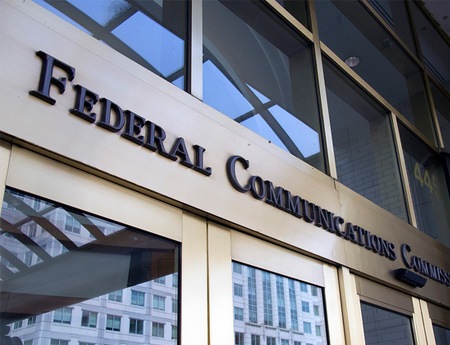AT&T: FCC Appears to Be Suppressing Info

The smarter way to stay on top of broadcasting and cable industry. Sign up below
You are now subscribed
Your newsletter sign-up was successful
AT&T's VP of federal regulatory Caroline Van Wie says the FCC appears to be "selectively suppressing the free flow of information to impede public debate on the merits of increased special access regulation," information AT&T says shows the marketplace is competitive and "heavy-handed, monopoly-era regulation" is unnecessary.
That charge was leveled in a blog post Feb. 23 about the FCC's review of the special access market, the business-class broadband nets that incumbent telcos—AT&T, Verizon, CenturyLink—companies are required to lease to competitors, like cable operators, at wholesale prices.
In a 3-2 party line vote in August 2012, the FCC suspended its benchmarks for deregulating the rates of special access services while it better determined where there is competition for that service. In December 2012, the commission launched the new data collection effort
The FCC is separately investigating multi-year special access contracts.
But when last month stakeholders submitted analyses based on that voluminous and extended data collection, says Wie, the FCC would not allow those stakeholders to make public any of the aggregate data without getting the FCC's permission first.
"It has never told parties they may not publicly reveal aggregate data on competition in the marketplace, data that does not reveal any sensitive information about any carrier, and that the FCC itself routinely publicizes," she said.
Whether it intended to or not, said Wie, the FCC at least appears to be impeding information flows, particularly given that AT&T and CenturyLink filed requests to make that aggregate data public almost a month ago and have gotten no response.
The smarter way to stay on top of broadcasting and cable industry. Sign up below
Wie said the FCC might argue it was acting out of an abundance of caution—AT&T agrees un-aggregated information should be kept confidential.
An FCC spokesperson declined to comment on the blog post.
Under FCC rules, telcos are required to lease special access lines to competitors at wholesale rates. But the FCC deregulated AT&T and others' special access lines in 2009 in cases where competitive triggers are met.
Those lines are the "last mile" dedicated broadband lines to businesses, which incumbent local exchange carriers like AT&T dominate.
The commission over a dozen years ago removed "dominant pricing" regulations, while continuing to regulate interconnection and reasonable pricing per its Title II common carrier regulation of Incumbent Local Exchange Carriers (ILECs). Ever since, the commission has been under pressure from public interest groups to re-regulate special access.
Contributing editor John Eggerton has been an editor and/or writer on media regulation, legislation and policy for over four decades, including covering the FCC, FTC, Congress, the major media trade associations, and the federal courts. In addition to Multichannel News and Broadcasting + Cable, his work has appeared in Radio World, TV Technology, TV Fax, This Week in Consumer Electronics, Variety and the Encyclopedia Britannica.

